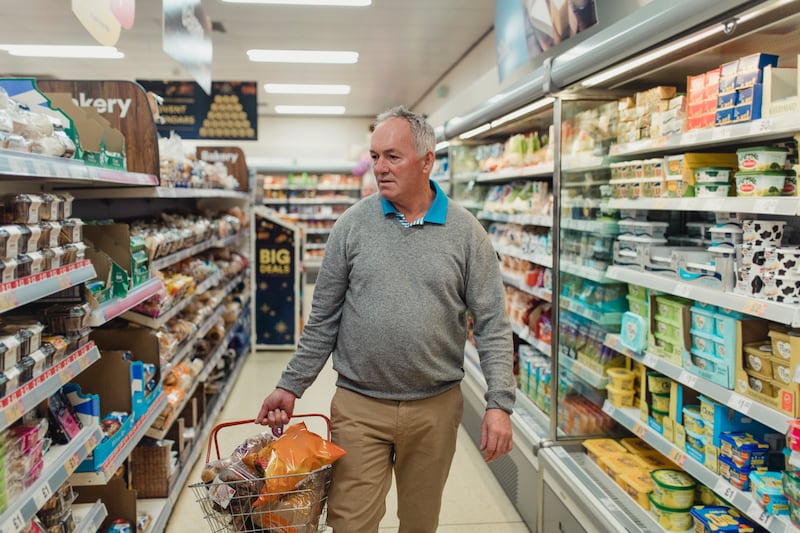THE Northern Ireland grocery market saw sales grow by 9.3 per cent in the year to July 9, with shoppers spending an additional £340 million compared to the same time last year, according to a report by analysts Kantar.
Grocery inflation stands at 16.7 per cent for July, up 0.5 percentage points since June, which means the average annual grocery bill is set to rise by £881 from £5,276 to £6,157 if consumers stick with their tried and tested products.
But Kantar's business development director Emer Healy says shoppers are looking more at own-label options to cut their bills.
She said: “Many are turning to cheaper alternatives such as retailer own label lines, where sales are up £208m compared to last year against branded products which rose £136m.
“Indeed, the average Northern Ireland household buys a mix of 51 different food and drink brands in a year, showing how brands are still an important choice for Northern Irish consumers."
Ms Healy said a combination of warmer weather and summer holidays helped to boost grocery sales with Northern Irish shoppers spending an additional £11.4m on alcohol and £2.2m on ice-cream.
Shoppers also welcomed the warmer days by cracking out the barbecues, spending an additional £1.7m on chilled burgers, grills and sausages.
Tesco held its position as the north’s largest grocer with a 34.9 per cent share of the market, welcoming an influx of new shoppers in store alongside more frequent trips, which contributed an additional £128.3m to its overall performance.
Sainsbury’s holds a 16.5 per cent share and Asda 16 per cent while Lidl, now with a 9.1 per cent slice of the market, saw the strongest growth among all retailers - up 26 per cent year-on-year alongside the largest influx of new shoppers, up 4 percentage points.







